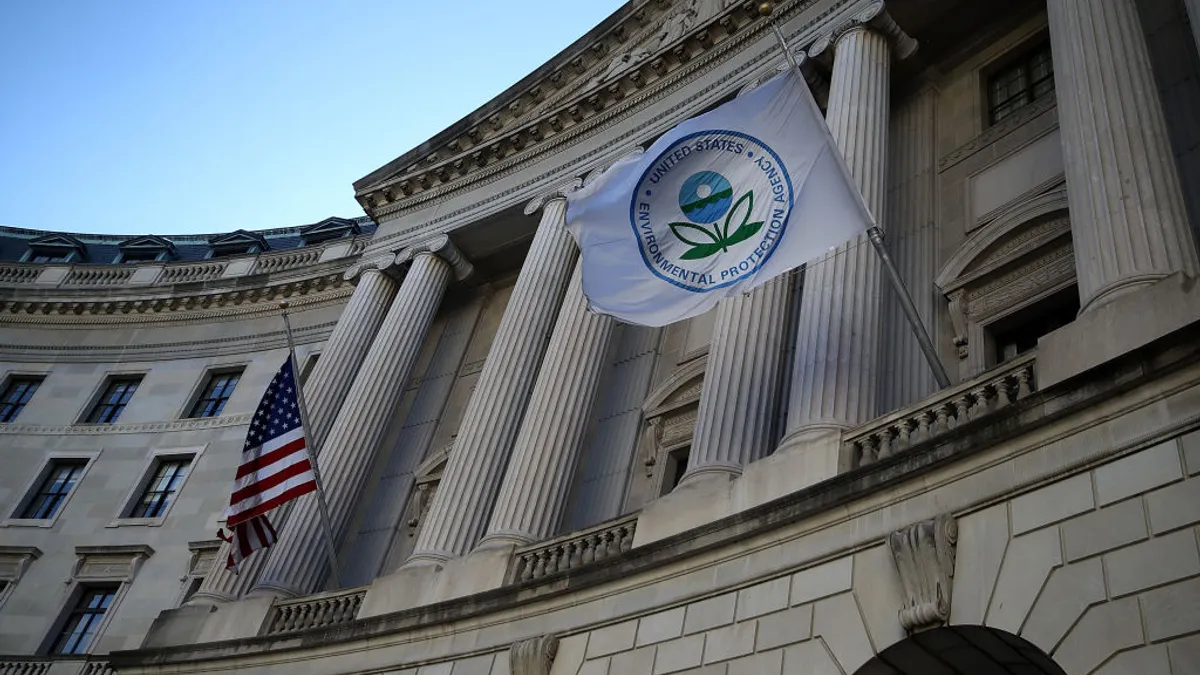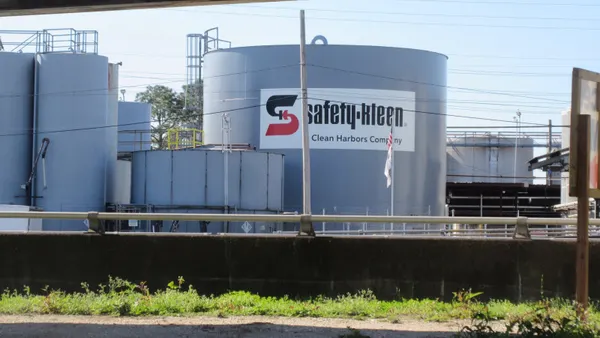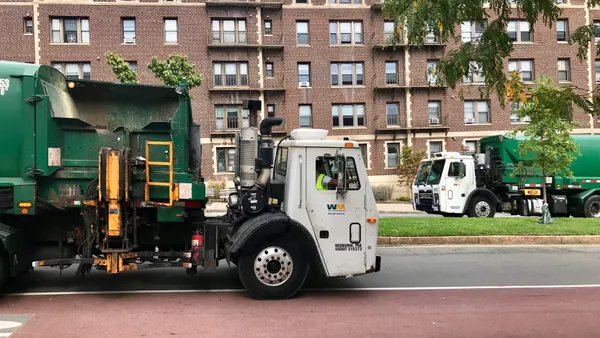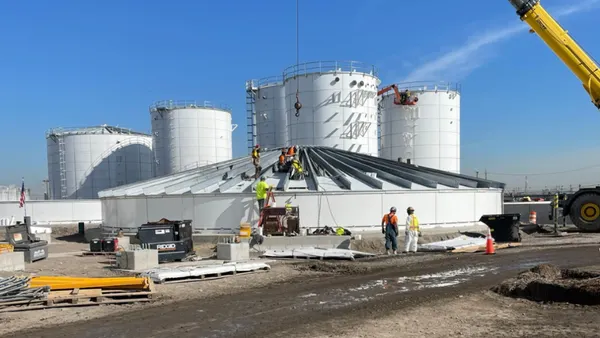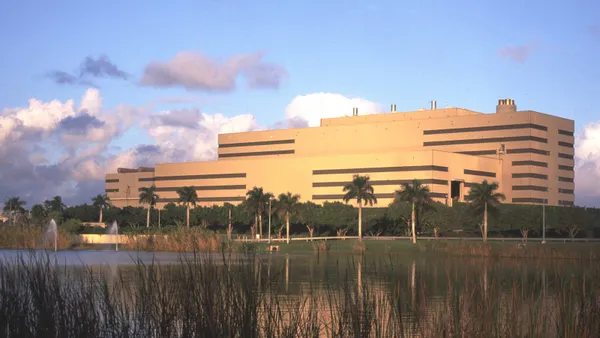Dive Brief:
- By the end of this year, the EPA will issue a notice of proposed rulemaking for emissions standards related to municipal solid waste incinerators under the terms of a draft consent decree reached with environmental groups. The decree was submitted to the U.S. District Court for the District of Columbia on May 23.
- Groups, including Earthjustice, the Sierra Club, East Yard Communities for Environmental Justice and Ironbound Community Corp., sued the EPA in January 2022 over its alleged failure under the Clean Air Act to revisit the rules every five years. The decree would require EPA to finalize a new rule by November 30, 2024.
- Environmental groups hope the draft decree could tighten federal emissions standards for 68 MSW incinerators, leading to tighter regulations for nine pollutants, including sulfur dioxide, dioxins and nitrous oxides. The suit is part of a broader effort by environmental groups who say the EPA is behind the times in regulating several categories of waste incinerators, including MSW and medical waste.
Dive Insight:
According to the initial complaint the groups filed in 2022, the EPA has updated its emissions standards for facilities that incinerate at least 250 tons of municipal solid waste per day only twice, in 1995 and 2006. Amendments to the Clean Air Act in 1990 required the agency to update the emissions standards regularly, and the last update was due in 2011.
"This is something that EPA should have done of its own accord over a decade ago and it shouldn't take community groups having to sue EPA for them to get around to updating the standards," said Jonathan Smith, a senior attorney for Earthjustice who represented the groups.
Marilyn Lynch, executive director of the Waste-to-Energy Association, said her industry has "a minimal impact on ambient air quality" and avoids greenhouse gas emissions by diverting waste from landfills.
"We are actively working with the EPA to review the emission performance standards while maintaining this critical municipal infrastructure and reliable waste management of more than 30 million tons per year throughout the nation," Lynch said in an emailed statement.
East Yard Communities for Environmental Justice, the key plaintiff named in the suit, had previously advocated for closing a facility in Commerce, California, which occurred in 2018. It has more recently opposed a contract the city of Long Beach entered with Covanta to expand the life of another waste-to-energy plant. Ironbound Community Corporation has advocated for tighter regulation of a Covanta-run facility in Newark, New Jersey.
"East Yard and Ironbound were major drivers of this lawsuit," Smith said. "They've been advocating for and really pushing for these incinerators to be better neighbors, less polluting and more considerate of the communities in which they operate."
In a letter sent to the White House Council on Environmental Quality in November, 274 organizations, including East Yard, urged the Biden administration to also enact continuous emissions monitoring and aggressive fines and enforcement for incinerators that break standards. The present regime is "akin to enforcing a speed limit by allowing drivers to drive all year with no speedometer," according to the letter.
Besides the emissions standards, the signers also urged the EPA to update its waste hierarchy model to not place incineration above direct landfilling as best practices, add incinerators to the Toxics Release Inventory and update dioxin regulations.
"We seek CEQ’s support in urging EPA to continue this work and to modernize its outdated municipal waste combustor regulations as well as address their various policies and loopholes that facilitate and perpetuate the incineration industry," said the letter, signed by Michael Ewall, executive director of the Energy Justice Network, in conjunction with the other groups.
The draft consent decree will next be published in the Federal Register. Once it's published, outside groups have the ability to comment, and if EPA chooses it can go back to the plaintiffs to adjust the language before moving forward with its proposed rulemaking later this year.
Editor’s note: This story has been updated to include comment from the Waste-to-Energy Association.



